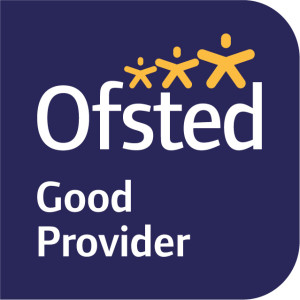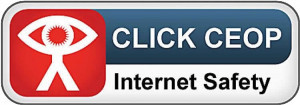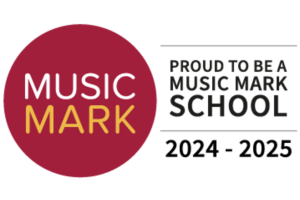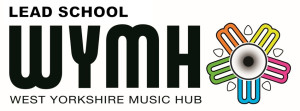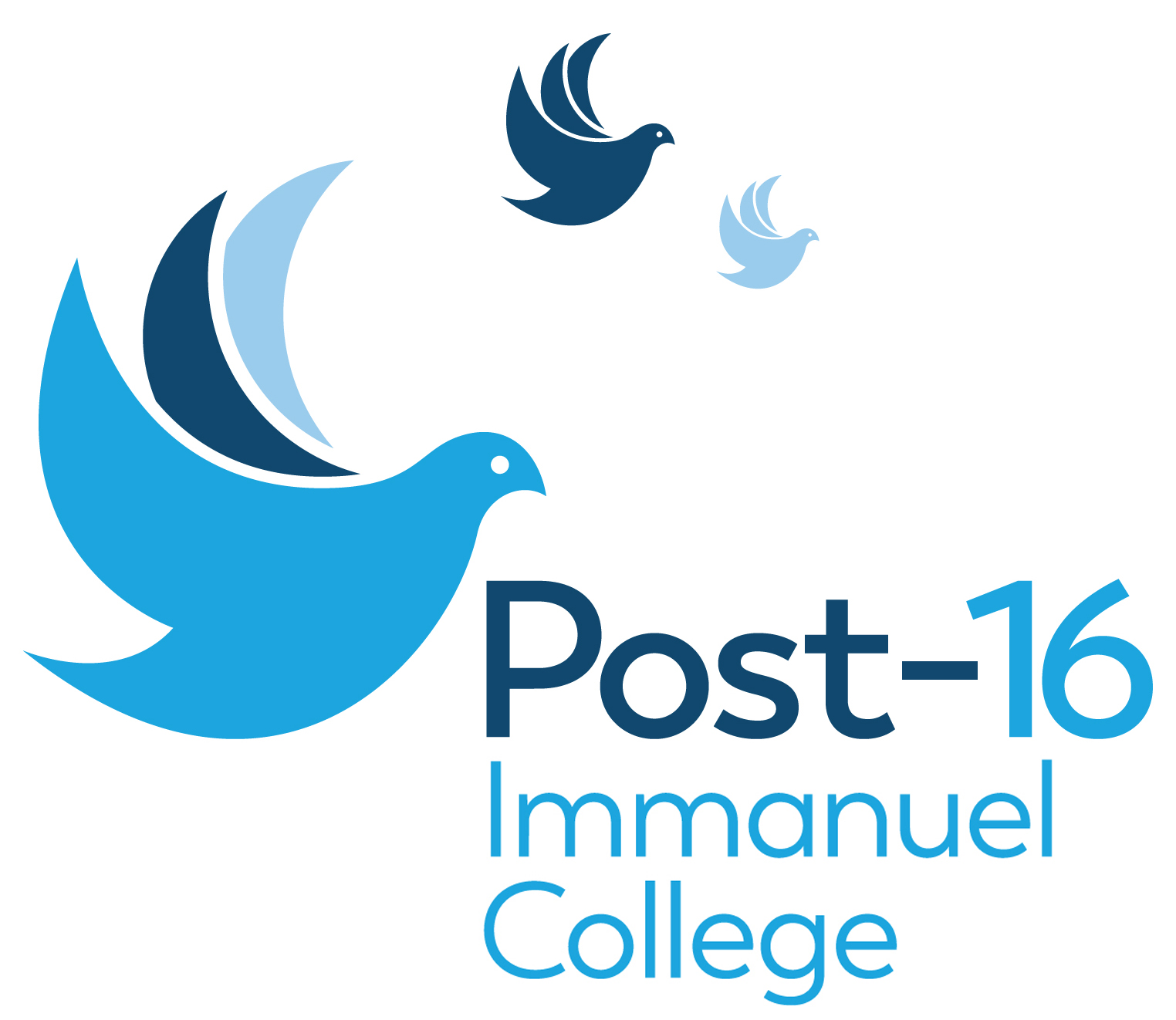
- Overview
- Welcome from the Headteacher
- Post-16 Team
- Admissions
- Post-16 Prospectus
- Subjects
- English Language & Literature
- English Literature
- Maths
- Further Maths
- Biology
- Chemistry
- Physics
- Applied Science (Applied General)
- Art
- Criminology (Applied General)
- Drama & Theatre
- Film Studies
- French
- Geography
- History
- IT (Applied General)
- Law
- Law (Applied General)
- Media Studies
- Music
- Music (Applied General)
- National Extended Certificate in Uniformed Protective Services (Applied General)
- Philosophy, Theology, Ethics - Religious Studies
- Photography
- Psychology
- Sociology
- Spanish
- Sport (Applied General)
- Technical Business (Level 3 - Extended Certificate)
- Travel and Tourism (Applied General)
- Hospitality (Level 2)
- Leadership through Sport (Level 2)
- Public Services (Level 2)
- Employability
- Maths and English GCSE Resit
- Student Leadership
- Results & Student Progression
- Trips & Opportunities
- Charity Work
- Our Facilities
- New Build
- Enrichment
- FAQs
- Exams Information
- Year 10 Information Evening
- Go Higher West Yorkshire
Geography
Why choose this subject?
In Geography we study the world around us. Students will investigate the impact of humans on our environment and will need to have an interest in the future of our planet, investigating the decision making that affects all of our lives.
Geography is a diverse and engaging subject that covers issues relevant to our world today. The best reason for choosing Geography is that you have enjoyed it in GCSE and want to learn more.
What will you study?
Expect to take part in lots of team work activities, fieldwork, research, as well as individual work. The geography students will go on a number of field trips to investigate geography in the real world.
Year 12
- The focus is on coastal systems, hazards, changing places and field work.
Year 13
- You will cover the water and carbon cycle, global governance and resource security.
- The field work will involve studying the impact of humans on the coastal environment.
- The second piece of field work will involve an urban study where students will investigate shopping in Bradford.
How is this course assessed?
The Geography A Level is assessed through two examinations and a 3000-4000 word report on the findings from a fieldwork investigation.
Geography Intent
The geography curriculum at Immanuel College has as its foundation the belief that we are ‘all God’s children’. In humanities, our values of perseverance, character and hope underpin all our work.
The intent of the geography curriculum is to:
- encourage our students to think independently and to enjoy and explore the physical and human world around them.1
- foster confidence and exceptional achievement within every key stage by considering different starting points for every student and ensuring the pace of progression is suited individually to all our learners.
- nurture academic habits through a carefully designed curriculum which layers geographical knowledge and embeds geographical skills in a broad and balanced way in order to prepare our students for the next stage in their lives.
- approach our topics with a balanced human and physical focus with opportunities to apply knowledge acquired to real world situations which provides relevance, enrichment, hope and aspirations to our students.2
- allow students to explore social, economic and environmental issues and question their own actions and the impact it may have on the world around them.
- nurture the importance of being positive, proactive local, national and global citizens through the Christian Ethos at Immanuel College, in that we are “All God’s Children”.3
1’The earth is the Lord’s and everything in it.
2‘In Jesus you are all children of God through faith’
3.‘They will call him “Immanuel” which means “God with us”
Subject Maps
Curriculum Maps
What next?
An A Level in Geography can lead you to university courses and employment into a wide range of careers including, town planning, medicine, law, teaching, the media, finance and research.
Geography is a contemporary and dynamic academic subject that links well with scientific, social and arts subjects. It is well respected by employers and universities and will develop a wide range of skills such as independent thought, problem solving, attention to detail, research, communication and team work.
